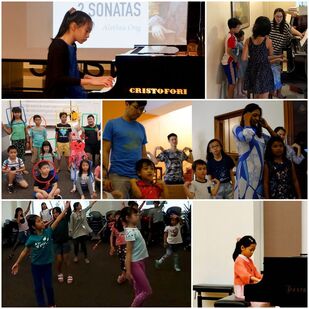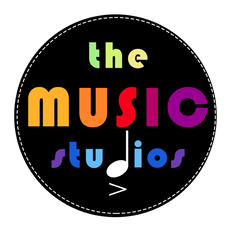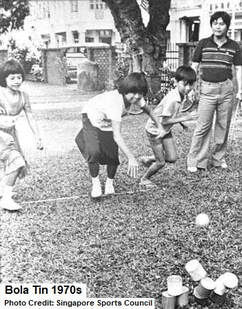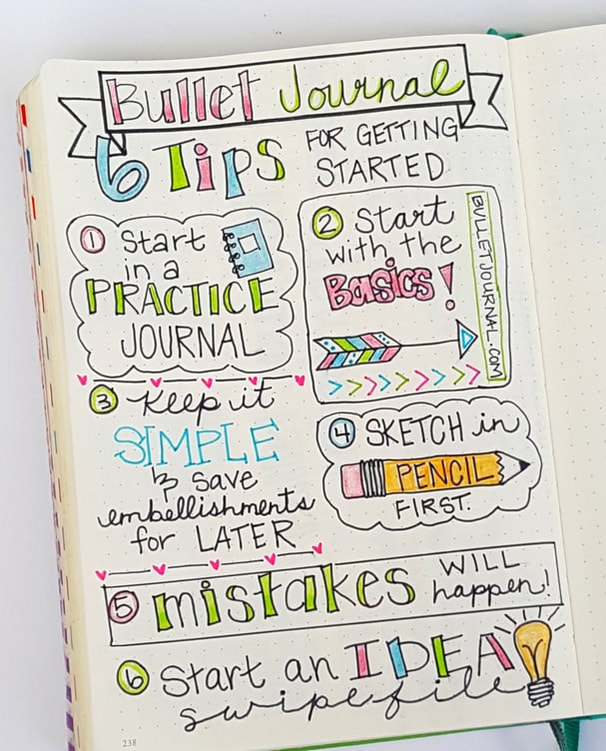|
by Khoo Hui Ling
After graduating from being a music student, the commitments of working life and adulthood took up time and energy as compared to before when all my time revolved around the piano. There were times when I felt so drained, I hardly had any brain space left for inspired practice. Upon chatting with fellow musicians, music teachers, and music lovers, I realized I was not alone. So at the start of 2019, I carved out time to re-connect with music in a personal rather than professional way, with the sole intention of keeping my perspectives on music fresh. Now at the start of 2020, I feel that those steps I had taken have become habits that have invigorated my musical self. I’d like to share three of those habits with you today - habits that any music lover regardless of profession, level or age can cultivate.
3 Comments
 by Khoo Hui Ling I recently wrote a short essay called Three Birthday Wishes which was published in the 2019 edition of The Birthday Book: Narratives, Undiscovered and Underway in celebration of Singapore's bicentennial. Wishes are not just for birthdays though. Christmas is a season for wishes too, and this festive week, I'd like to share this essay here as a dedication to all my students past or present, whether at NUS or The Music Studios: Merry Christmas and onwards to 2020! Here goes: Are childhoods then and now very different? My parents sometimes reminisce about their childhoods. They played simple games like chapteh, hantam bola, goli and five stones with neighbours. Having many siblings meant there was always someone to play with. They recall terrifyingly strict school headmasters. Yes, they had canes! Childhood had a certain romantic innocence then. That simplicity is a Tasmanian tiger in modern lifestyles: extinct. For many families, both parents work. Many children see much more of the helper at home than they do their parents. They probably have schedules like a fondue fountain, overflowing with sports, arts and academic classes. There is an undeniable complexity in the lives of today’s children. We cannot change the inevitably morphing face of childhood. But as a music educator who has taught children and teenagers, I question how these changes are impacting them. Are we raising healthy children with beautiful hearts? In each child’s face lies a pair of twinkling eyes, alive with curiosity. Children are a reminder of the undiscovered, as easily destroyed as it is precious. This year, as we celebrate 54 years of nation building, I would love to make birthday wishes for the children of Singapore too. Just three wishes. ***
by Khoo Hui Ling I had a love-hate relationship with Beethoven’s Emperor Concerto. Those consecutive thirds in the first movement, they eluded me. Almost everyday from 2013-2014, the practice rooms in the University of Oregon resounded with those thirds. They were like a majestic announcement of my presence, except I felt deeply apologetic to those practicing next to me, for having their ears relentlessly pulverised by those thirds.
It was during this period of time that I turned to journaling my practice sessions. I had run into brick walls before, but this time was different. This time, I felt like I was up against the Berlin Wall! Journaling was crucial in helping me overcome the practice rut I had strayed into. Recently, I’ve found myself encouraging students, especially adult students, to keep their own practice journals. It helps to clarify one’s thoughts and objectives, and is an especially cathartic exercise if the practice session had been frustrating. And if the practice session went well, then journaling becomes a form of self-encouragement. I was thus inspired to write this post on how I use my practice journal, and I hope it ignites some ideas pertaining to journaling your own music journey. by Goh Ruyin
In light of the inclusion of teaching emotional intelligence in mainstream education in Singapore, here is the chicken-and-egg question that parents are probably burning to ask: does learning music really help your child’s emotional quotient (EQ)? Or do people with high EQ naturally find an affinity with music? Let me respond with my own personal experience. Music, to me, was and is an essential partner in my emotional development. MUSIC HELPED ME DISCOVER AND MAKE PEACE WITH MY EMOTIONS I was a very emotional child. However, I was socially awkward and could not even look to my family for emotional support. Hence, I turned to the written word and music for solace. Pages after pages of diary entries were filled, and ballad after ballad was tinkled out soulfully (at least, I like to think) on the piano. I joined the choir in primary school, and the concert band in secondary school until junior college. I felt chills go down my spine as I made otherworldly sounds on my instrument. It was such a transcendental experience. It still is. Every day, my emotional connection with myself deepens, and music is like the vector that carries it through. by Khoo Hui Ling
Opening up to music, which is Part 2 of What It Means To Have A Lifelong Friendship with Music, is very much like opening up to a friend. It is about connecting emotionally with music. It is about seeking to learn and understand first before making any judgement. The former requires humility, while the latter, curiosity. Leon Fleisher, a pianist greatly revered not just for his commanding musicianship but his gentle soul, is a living embodiment of humility and curiosity. For those who may not be so acquainted with the pianist, in his mid-thirties and at the height of his performing career, Mr. Fleisher lost the use of his right hand due to focal dystonia. Resilience saw him through thirty or so years of experimental treatment, as well as a spectacular career as a teacher and conductor. Half his lifetime later in his seventies, he regained the use of his right hand and cut a CD Two Hands. Not too long ago, he celebrated his 90th birthday, performing in major music festivals. In the article “Lessons I Learned From My Dad” written for the New York classical music radio station WQXR’s blog, Julian Fleisher calls his dad, Leon Fleisher, a “badass”. I think for many of us, we can only aspire to be that bad of an ass. It is an easy and humorous read which you can explore here: https://wqxr.org/story/lessons-learned-dad-leon-fleisher-piano/. by Khoo Hui Ling
When starting The Music Studios, the dedicated team of teachers and I unanimously agreed that a lifelong friendship with music was the best gift a music teacher could give to a student. The tagline does have a nice ring to it, but what does it really entail? Since The Music Studios is a recent development and this is the very first blog post, I thought it meaningful to share some ideas about that. To all music teachers and parents, I hope this will provoke some thought into the worth behind sending children for music lessons. I’ve found “The Little Prince” by Antoine de Saint-Exupery to be an enlightening allegorical read that has inspired many facets of my life. It is about a little prince from another planet, and his encounters of adult life from a young child’s innocent perspective. The little prince learns many lessons from his love and pining for a rose from his home planet, which leads to my first point below. PART 1 - FALLING IN LOVE WITH MUSIC “People where you live," the little prince said, "grow five thousand roses in one garden... yet they don't find what they're looking for... They don't find it," I answered. And yet what they're looking for could be found in a single rose, or a little water..." Of course," I answered. And the little prince added, "But eyes are blind. You have to look with the heart.” |
AuthorsKhoo Hui Ling Archives
January 2020
Categories
All
|



